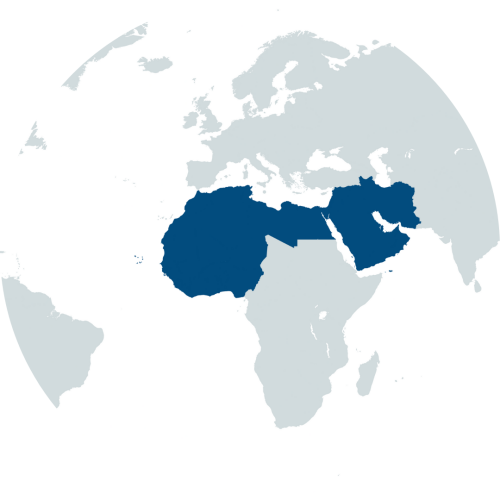
We work with small organisations in the Middle East, North Africa and West Africa using an Asset Based Community Development approach. These organisations encompass one or more of the following initiatives:
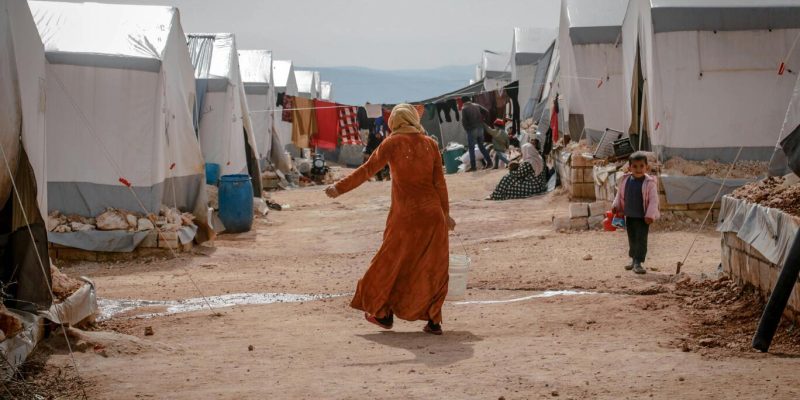
Refugees are individuals who have been forced to flee their home country due to persecution, conflict, violence, or human rights violations, seeking safety in another country. In these host countries, they often find themselves in precarious situations, typically living in temporary shelters or camps with limited access to basic services, legal rights, and employment opportunities.
The organizations we partner with primarily work in North Africa and the Middle East, assisting people fleeing war zones through a range of activities—from providing essential food, shelter, and healthcare as they escape, to facilitating integration into host communities, offering psychosocial support, and promoting micro-enterprise development.
If you’d like to know more email us at communications@ethneintl.org
Refugees are individuals who have been forced to flee their home country due to persecution, conflict, violence, or human rights violations, seeking safety in another country. In these host countries, they often find themselves in precarious situations, typically living in temporary shelters or camps with limited access to basic services, legal rights, and employment opportunities.
The organizations we partner with primarily work in North Africa and the Middle East, assisting people fleeing war zones through a range of activities—from providing essential food, shelter, and healthcare as they escape, to facilitating integration into host communities, offering psychosocial support, and promoting micro-enterprise development.
If you’d like to know more email us at communications@ethneintl.org
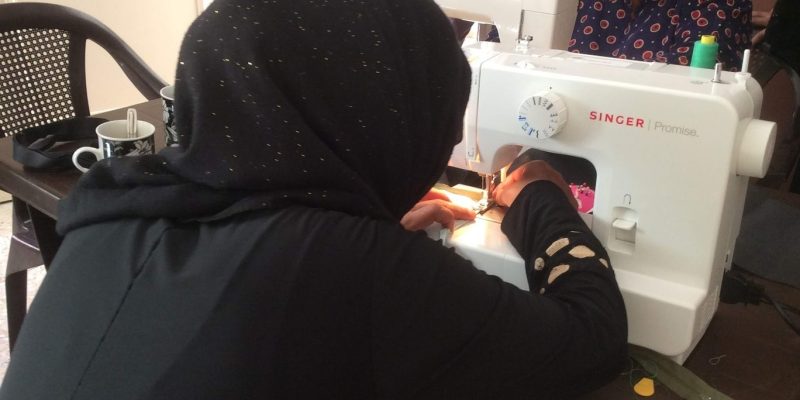
We recognize that economic empowerment is crucial for improving the quality of life in marginalized communities. To achieve this, we partner with organizations and local support networks that have developed programs focused on micro-entrepreneurship and trade skills. These programs equip families with practical skills and resources to generate sustainable income, leading to economic independence and thus a brighter future. By combining training, mentorship, and resource access, we work alongside local organizations to empower individuals to build safer and more hopeful communities.
We also collaborate with short-term teams who offer specialized skills training. These skills, such as sewing, culinary arts, hairdressing, and sports coaching, are taught by the partner organizations, and the short-term teams provide supplemental training or workshops to deepen the knowledge and expertise.
If you’d like to know more email us at communications@ethneintl.org
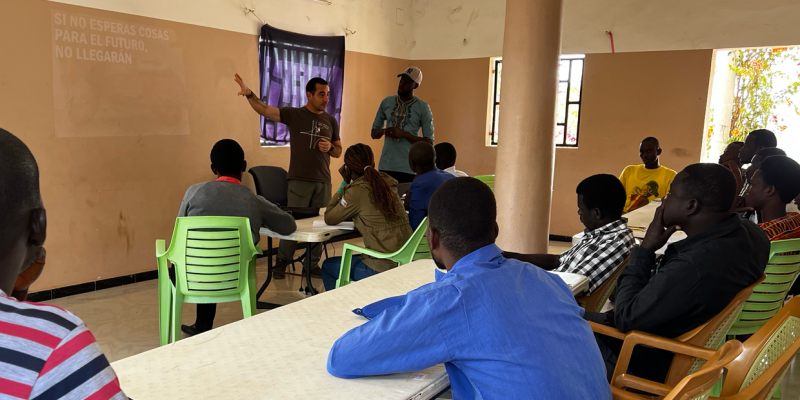
Indigenous leadership is crucial for successful community development and for the Gospel to take root. Local people possess deep knowledge of their communities, cultures, and environments, allowing them to identify and leverage existing strengths. They foster trust and empowerment among community members, ensuring development aligns with community desires. Moreover, leadership from within the community is vital for preserving cultural heritage and addressing historical challenges, so they know how to best communicate the Gospel and contributing to sustainable and resilient communities. When these voices are central, community development efforts become more equitable and effective.
We focus on leadership development by walking alongside leaders from the local organisations with partner with through personal relationships and leadership training in specific occasions.
If you’d like to know more email us at communications@ethneintl.org
Indigenous leadership is crucial for successful community development and for the Gospel to take root. Local people possess deep knowledge of their communities, cultures, and environments, allowing them to identify and leverage existing strengths. They foster trust and empowerment among community members, ensuring development aligns with community desires. Moreover, leadership from within the community is vital for preserving cultural heritage and addressing historical challenges, so they know how to best communicate the Gospel and contributing to sustainable and resilient communities. When these voices are central, community development efforts become more equitable and effective.
We focus on leadership development by walking alongside leaders from the local organisations with partner with through personal relationships and leadership training in specific occasions.
If you’d like to know more email us at communications@ethneintl.org
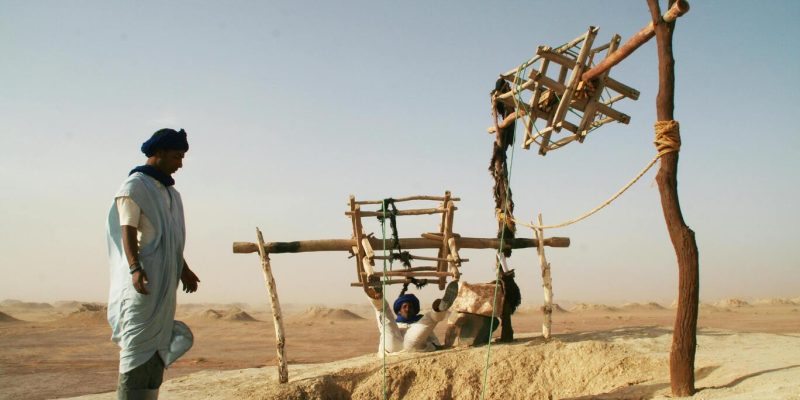
North Africa’s freshwater scarcity, driven by arid conditions and overuse, threatens agriculture, food security, and access to clean water, deepening the region’s social and economic challenges.
Our partners focus on improving the quality of life in rural North African communities by constructing and repairing wells, water pipelines, and irrigation systems. They work towards a sustainable future by collaborating with the national church and the community to find solutions together.
If you’d like to know more email us at communications@ethneintl.org
North Africa’s freshwater scarcity, driven by arid conditions and overuse, threatens agriculture, food security, and access to clean water, deepening the region’s social and economic challenges.
Our partners focus on improving the quality of life in rural North African communities by constructing and repairing wells, water pipelines, and irrigation systems. They work towards a sustainable future by collaborating with the national church and the community to find solutions together.
If you’d like to know more email us at communications@ethneintl.org
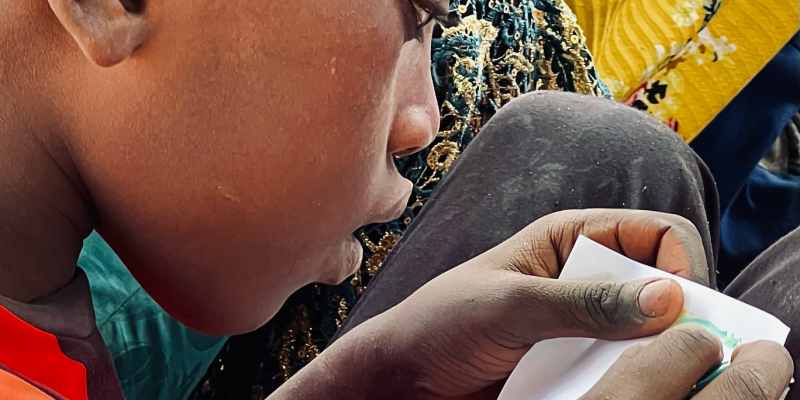
In Arab communities, having a special needs family member is challenging due to cultural stigmas, limited services, and social isolation, leading to financial and emotional strain.
We collaborate with ministries that support families with members who have physical, mental, emotional, or developmental disabilities. These services include providing additional learning support, adapting physical environments, teaching alternative communication methods, and offering other resources to ensure equal opportunities. Additionally, we prioritize creating a supportive community where families feel valued and connected, ultimately bringing the transformative power of the Gospel into their lives and communities.
If you’d like to know more email us at communications@ethneintl.org
In Arab communities, having a special needs family member is challenging due to cultural stigmas, limited services, and social isolation, leading to financial and emotional strain.
We collaborate with ministries that support families with members who have physical, mental, emotional, or developmental disabilities. These services include providing additional learning support, adapting physical environments, teaching alternative communication methods, and offering other resources to ensure equal opportunities. Additionally, we prioritize creating a supportive community where families feel valued and connected, ultimately bringing the transformative power of the Gospel into their lives and communities.
If you’d like to know more email us at communications@ethneintl.org
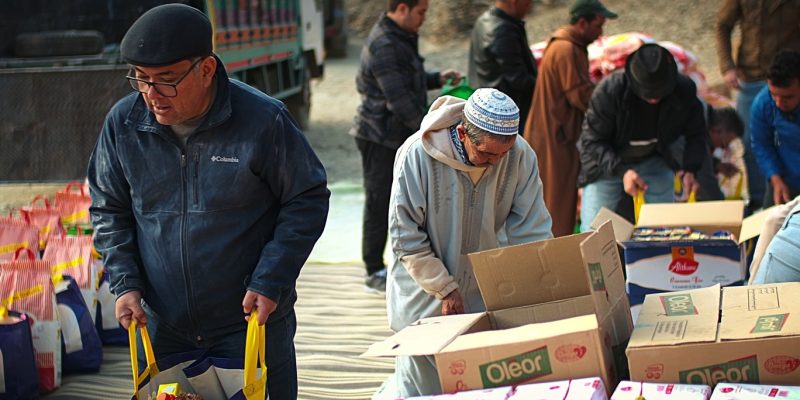
Rapid response emergencies are sudden, unexpected events that require immediate action to prevent or minimize loss of life. Examples include natural disasters, public health crises, or war. These events can profoundly impact communities, causing physical damage, economic disruption, and emotional trauma.
We support small organisations that, due to their agility and proximity to communities, can play a crucial role in rapid response emergencies. Their ability to mobilize quickly, adapt to changing circumstances, and leverage existing relationships can be invaluable. They can also help assess community needs, identify gaps in larger relief efforts, and leverage their networks to maximize impact. We collaborate to provide immediate relief through distributing essential supplies, offering basic services, providing emotional support. We also raise awareness of the situation and share updates through prayer requests.
If you’d like to know more email us at communications@ethneintl.org
Rapid response emergencies are sudden, unexpected events that require immediate action to prevent or minimize loss of life. Examples include natural disasters, public health crises, or war. These events can profoundly impact communities, causing physical damage, economic disruption, and emotional trauma.
We support small organisations that, due to their agility and proximity to communities, can play a crucial role in rapid response emergencies. Their ability to mobilize quickly, adapt to changing circumstances, and leverage existing relationships can be invaluable. They can also help assess community needs, identify gaps in larger relief efforts, and leverage their networks to maximize impact. We collaborate to provide immediate relief through distributing essential supplies, offering basic services, providing emotional support. We also raise awareness of the situation and share updates through prayer requests.
If you’d like to know more email us at communications@ethneintl.org
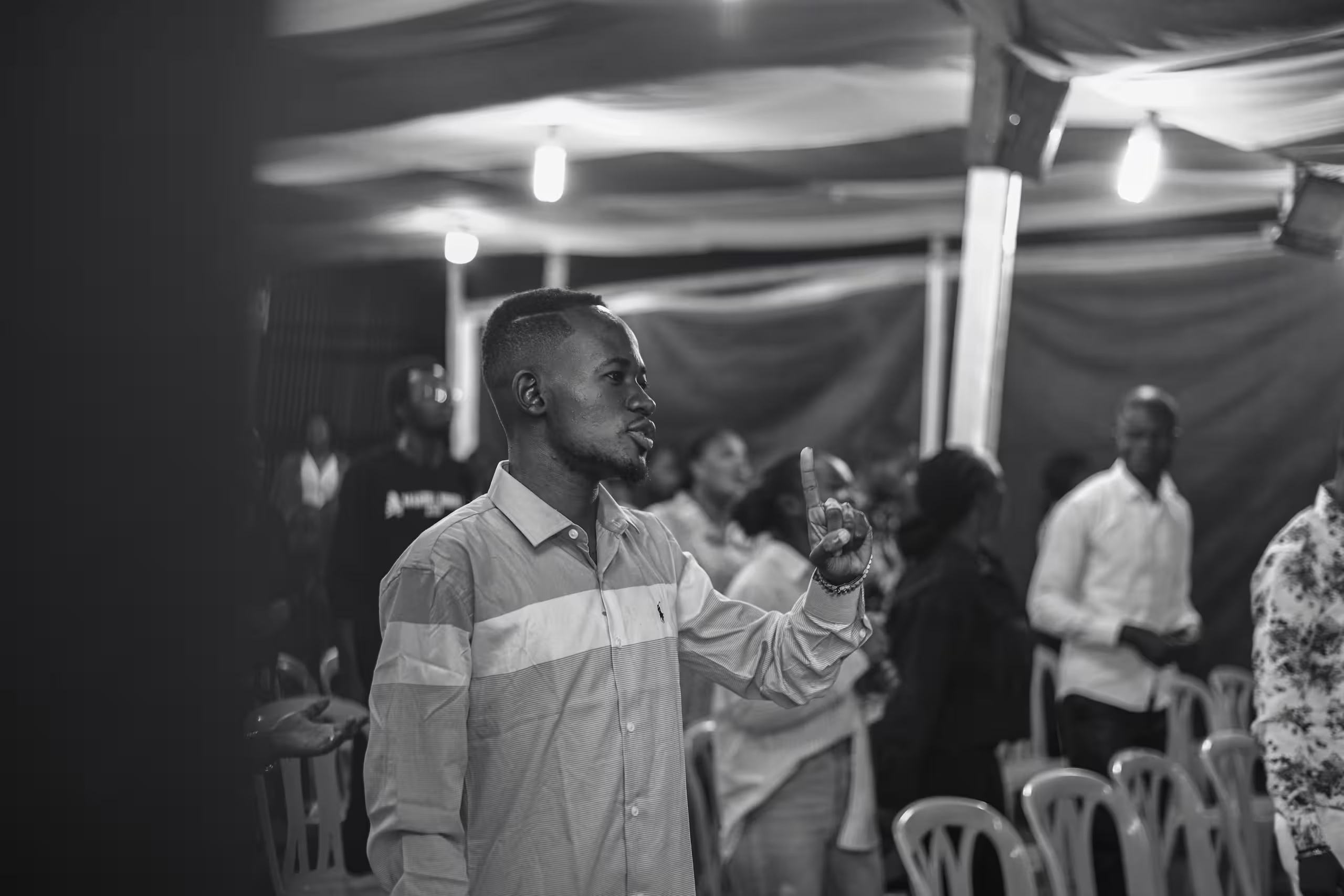
Don't worry, we won't spam you!
We send quarterly newsletters updating you with what is happening with our partners in the field.